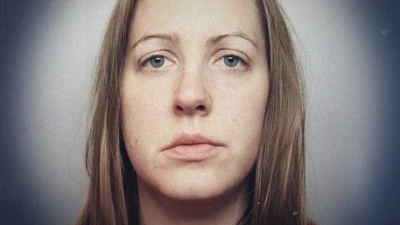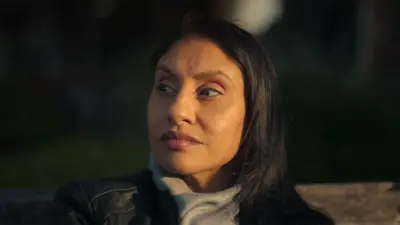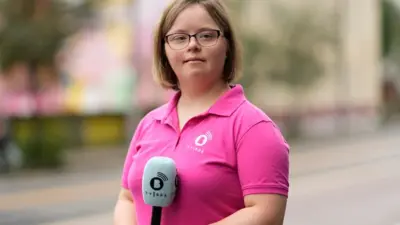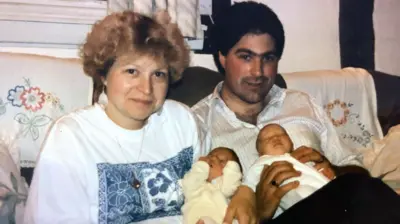We've updated our Privacy and Cookies Policy
We've made some important changes to our Privacy and Cookies Policy and we want you to know what this means for you and your data.
Ex-MP Frank Field reveals he is close to death
Image source, PA Media
Ex-Labour MP Frank Field has announced his support for assisted dying and revealed that he is dying himself.
Lady Meacher read out a statement from Lord Field in the House of Lords, where peers are debating a new bill to legalise terminally ill adults seeking assistance to end their lives.
It said that he had recently spent time in a hospice and that he was not well enough to attend debates.
Lord Field urged other members to back the bill in his absence.
The 79-year-old spent 40 years as the MP for Birkenhead, and briefly served as minister for welfare reform in Tony Blair's first term in government.
He built a reputation as one of the most effective backbenchers in the House of Commons, with campaigns against poverty and for curbs on EU immigration.
He quit Labour's group in Parliament in 2018, saying Jeremy Corbyn's leadership had become "a force for anti-Semitism in British politics".
He was made a non-affiliated, crossbench peer by the Conservative government in 2020, after campaigning in favour of Brexit.
A number of MPs have sent their best wishes to Lord Field, with Health Secretary Sajid Javid calling him "an amazing, compassionate man".
His sentiments were echoed by Tory peer and minister Zac Goldsmith, who described Lord Field as "a man of immense courage and integrity", as well as "an extraordinarily effective and independent-minded parliamentarian".
Lady Meacher told peers: "Our colleague, Lord Field, who is dying, asked me to read out a short statement."
In the statement, he said he "had just spent a period in a hospice and I am not well enough to participate in today's debate. Had I been, I would have spoken strongly in favour".
It also explained his change of heart on the issue, saying: "I changed my mind on assisted dying when an MP friend was dying of cancer and wanted to die early before the full horror effects set in, but was denied this opportunity."
Lord Field said one particular argument against the bill was "unfounded", adding: "It is thought by some the culture would change and people would be pressured into ending their lives.
"[But] the number of assisted deaths in Australia and the US remains very low - under 1% - and a former supreme court judge in Victoria, Australia, [talking] about pressure from relatives has said it just hasn't been an issue."
He concluded: "I hope the house will today vote for the assisted dying bill."
Peers' debate
The new bill has been proposed by Lady Meacher - a crossbench peer - and would give patients of sound mind, with six months or less left to live, the right to die by taking life-ending medication.
The person wanting to end their life would have to sign a declaration that was approved by two doctors and signed off by the High Court.
The bill passed its first stage - known as its second reading - unopposed and will undergo further scrutiny in the House of Lords at a later date.
But even if it was passed in the Lords, it would not become law unless it was backed by MPs in the Commons, and the government.
Lady Meacher and Lord Field are among the peers in favour of the changes, but others have spoken out against the bill, including the Archbishop of Canterbury Justin Welby, who told ΒιΆΉΤΌΕΔ Breakfast vulnerable people could face "intangible" pressure to end their lives.
Speaking in Friday's debate, another crossbench peer Lord Curry, also opposed the bill, describing how it would have been a "tragedy" if his daughter - who had a learning disability and died aged 42 - had had her life cut short.
"She breathed her last while we held her hands, a very emotional and precious moment for us," he said.
"If someone at that time had offered an assisted dying, assisted suicide option, I firmly believe that in that heightened emotional state we were in, not thinking rationally, we may have been tempted to agree to her premature death. Had we done that, it'd have troubled us for the rest of our lives."
Top Stories
More to explore
Most read
Content is not available








